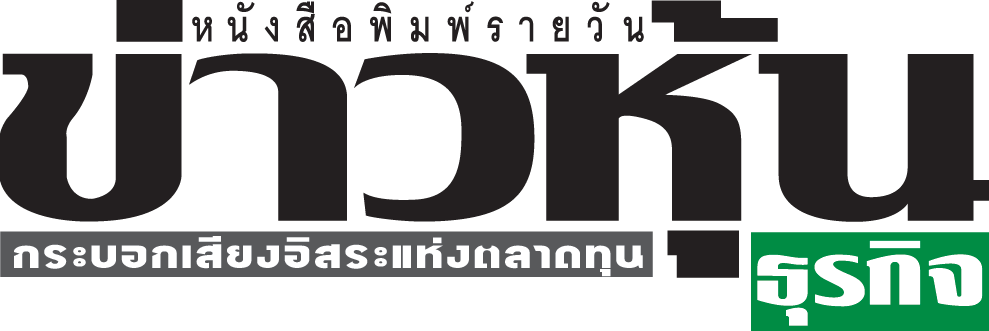
BAM Records Lower 1Q20 Profit by 78% due to a One-Time Significant Cash Collect in 1Q19
BAM Records Lower 1Q20 Profit by 78% due to a One-Time Significant Cash Collect in 1Q19.
Bangkok Commercial Asset Management Public Company Limited (BAM) has reported its 1Q20 consolidated financial statement through the Stock Exchange of Thailand as follows;
BAM reported a net profit of 698 million baht for the first quarter of 2020, decreased 78.48% compared to a net profit of 3,246 million baht in 1Q19. The decrease was due to the large amount payment received from significant debtors in 1Q19.
In 1Q20, BAM had loans purchased of receivables and accrued interest receivables in the amount of 78,015 million baht, increased by 4.7% from 1Q19.
The company recorded deferred tax assets that occurred during 1Q20 at 1,237 million baht, which increased by 746 million baht or 151.9%. Such change is mainly resulted from temporary differences relating to past differences in interest income for accounting and tax for purposes – in the part of allowance for expected credit losses-loans purchased of receivables and allowance for impairment of properties for sale.
For the three-month period ended March 31,2020, BAM recorded a total expected credit losses of 1,298 million baht. Such change due to financial asset modification on terms of expected credit losses for “loans purchased of receivables” 1,292 million baht (which is comprised of expected credit losses of accrued interest income on loans purchased of 1,238 million baht and an impairment on asset quality 54 million baht).
Therefore, in 1Q20, BAM has recognized an implied lower impairment on asset quality compared to that of 1Q19 in which the company recorded bad debts and doubtful accounts of 219 million baht.
Even though the COVID-19 situation started to aggravate since the beginning of March 2020, most of the approved debtors /NPAs purchasers from late 2019, are still able to perform according to the agreed terms. The company has managed to maintain target cash collection and close to historical 3-years seasonal (Q1) average. However, Cash collection in 1Q20 is lower than that of 1Q199 because of the sizable payment from one significant debtor.



